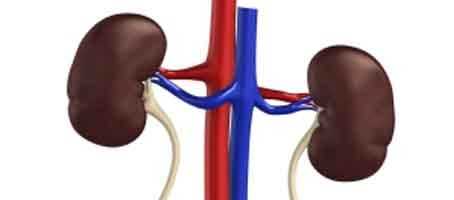Japanese researchers find that serum high-sensitivity C-reactive protein (hs-CRP), a non-specific marker of inflammation, is associated with the development of nephropathy in type 2 diabetes.
However, Yasuaki Hayashino, MD, of Tenri Hospital in Nara, Japa, found that hs-CRP is not directly responsible for the progression of nephropathy, a kidney disease that affects type 2 diabetics.
Studying hs-CRP
Hayashino and colleagues analysed longitudinal data of 2,518 patients with type 2 diabetes obtained from a national diabetes registry.
Their statistics showed a mean age of 66.1 years, body mass index (BMI) of 24.6 kg⁄m2 and HbA1c of 7.5 per cent (57.6 mmol/mol).
Depending on their serum hs-CRP levels, patients were divided into four groups. The researchers used Cox proportional hazards, a model to investigate several variables at a time, to assess serum baseline hs-CRP and its correlations with diabetic nephropathy at one year.
Findings
The researchers found that baseline serum hs-CRP levels were significantly associated with the urinary albumin-to-creatinine ratio, a factor used to detect diabetic nephropathy.
However, no significant associations were seen between hs-CRP levels and the risk of progression of nephropathy within type 2 diabetic patients.
The researchers concluded that further investigation was required, but that hs-CRP levels could possibly be used in the future to predict developing risks of the kidney complication.
The researchers wrote: “More research is needed to examine if there is an effective strategy to reduce the risk of diabetic nephropathy in a group of patients with diabetes and elevated levels of hs-CRP”.
What's new on the forum? ⭐️
Get our free newsletters
Stay up to date with the latest news, research and breakthroughs.








